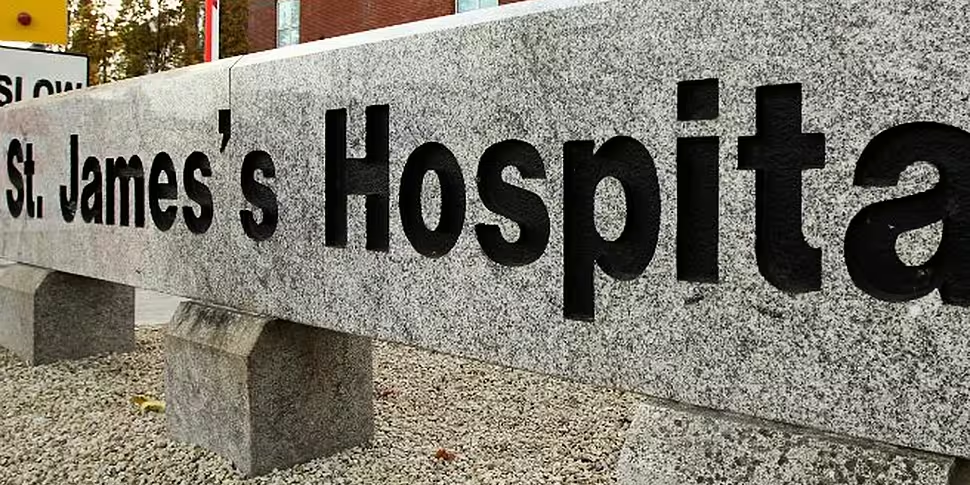St James's Hospital in Dublin has launched a ground breaking new cancer report - the first of its kind in Ireland.
It shows survival rates for all cancers are among best international practice and a 100% increase in the number of patients treated for lung, oesophageal, head and neck, malignant melanoma and prostate cancer, over the study period
The St. James's Hospital Ten Year Cancer Audit Report was officially launched today by the Minister for Health, Mr. James Reilly, TD. The report is unique in detailing outcomes for all cancer types, in particular overall 5-year survival rates. It informs patients and relatives, but is also a source of information for the administration and Board of the hospital, as well as the HSE, Department of Health, NCCP, and HIQA. It will also be used to inform fund holders on cost estimates required to underpin quality cancer care.
The Ten-Year Cancer Audit Report finds that the cancer treatment programme at St. James's has achieved cure rates that benchmark favourably with outcomes from the best international standards.
There has been an approximate 100% increase in new referrals for oesophageal cancer, lung cancer, stomach cancer, head and neck cancer, and malignant melanoma. The report found that the number of lung cancers diagnosed and treated at St. James's Hospital had increased considerably over that time and that the hospital now treats 27% of the national workload for patients with lung cancer. Notably, and encouragingly, 47% of patients have clinical stage I and stage II at the time of diagnosis, and can be treated with curative intent.
There has also been a 2.5-fold increase in new urology cancers diagnosed and/or treated in this ten year period with a near 5-fold increase in prostate cancer alone. The urology service accounts for 14% of the national Rapid Access Prostate cancer activity.
Speaking at the launch of the report Mr. James Reilly, TD, Minister for Health said:
'I welcome the launch of the St. James's Ten Year Cancer Audit report which reflects the progress being made on cancer treatment in the Hospital. Clinical audit is very important in that it provides high-quality comprehensive data which is essential for improving patient care and safety.'
Mr. Brian Fitzgerald, CEO, St. James's Hospital said:
'St. James's Hospital has been to the forefront of developing multi-disciplinary care for cancer patients in this country for many years. This publication of our ten year cancer audit report is an essential element in driving quality improvement in cancer. The results of this audit will inform cancer care at St. James's Hospital, and our known outcomes and what it takes to achieve the best results internationally will remain a core objective and will inform strategy. The data compiled in this audit across the cancer spectrum demonstrates that the treatment programme at St. James's Hospital has achieved stage-for-stage cure rates that benchmark favorably with outcomes from the best international standards.'
Professor John Reynolds, Head of Surgery, St. James's Hospital and Trinity College Dublin said:
'The ultimate objective in terms of the delivery of cancer care is that those in receipt of services experience outcomes on a par with best international standards. All cancer patients want to know if they can be cured, and 5-year survival rates, a proxy for cure, is easily the most important outcome metric in evaluating cancer services. These audit data enable us to provide actual rather than inferred outcome data to our patients - they will know stage for stage what the actual cure rate is in this Centre. In the future, on-going audit of all cancer activity at this Centre will underpin continuous quality improvement in cancer clinical care aligned to clinical trials, and state of the art translational cancer research"













